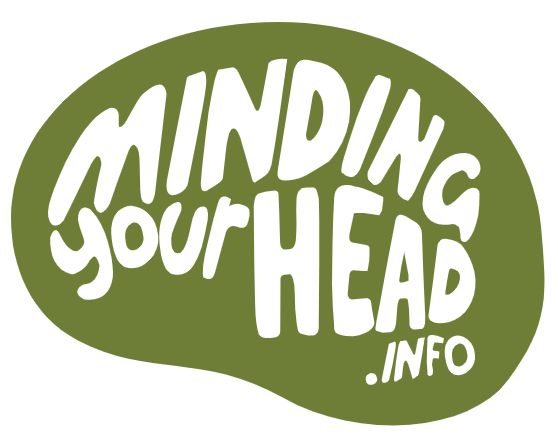Senior People
People can experience loneliness at any point in their lives, but as people age, the risk factors that could cause loneliness start to rise and come together, making older people more susceptible to chronic loneliness. Additionally, 80,000 elderly persons in Northern Ireland live alone, which puts them at higher risk of loneliness.
Understanding Loneliness and Social Isolation
Why It Happens
- Loss of a spouse, family member or close friends
- Long-term health conditions or mobility issues
- Lack of accessible transport or digital connectivity. Particularly in rural areas.
- Reduced participation in community or recreational activities
- Feeling disconnected from changing family dynamics or societal shifts
Impact on Wellbeing
- Increased risk of depression and anxiety
- Higher rates of cardiovascular disease and stroke
- Poorer sleep quality and cognitive decline
- Reduced resilience and quality of life
Accessing Support
- Contact local befriending or companionship services such as Age UK, The Samaritans, or community-led initiatives
- Attend local social groups, activity sessions or volunteering opportunities
- Speak to a GP or healthcare professional if loneliness is affecting mental or physical health
- Use digital inclusion services to help build confidence with technology and online communication
Resources and Support
There are things you can do to help protect yourself or a loved one from the negative effects of loneliness and social isolation, this includes; taking advantage of every opportunity to smile or striking up a conversation, asking friends over for tea, talking on the phone with a friend or family member, getting out and about by visiting people and participating in community events are some ways older adults can help themselves feel less lonely. There are a lot of other useful suggestions for reducing loneliness here
If you are concerned about your own wellbeing or that of someone you know, don’t hesitate to reach out. Local authorities, voluntary organisations, and health and care services are working together to reduce loneliness and improve connection across communities. Click here to download our contacts










